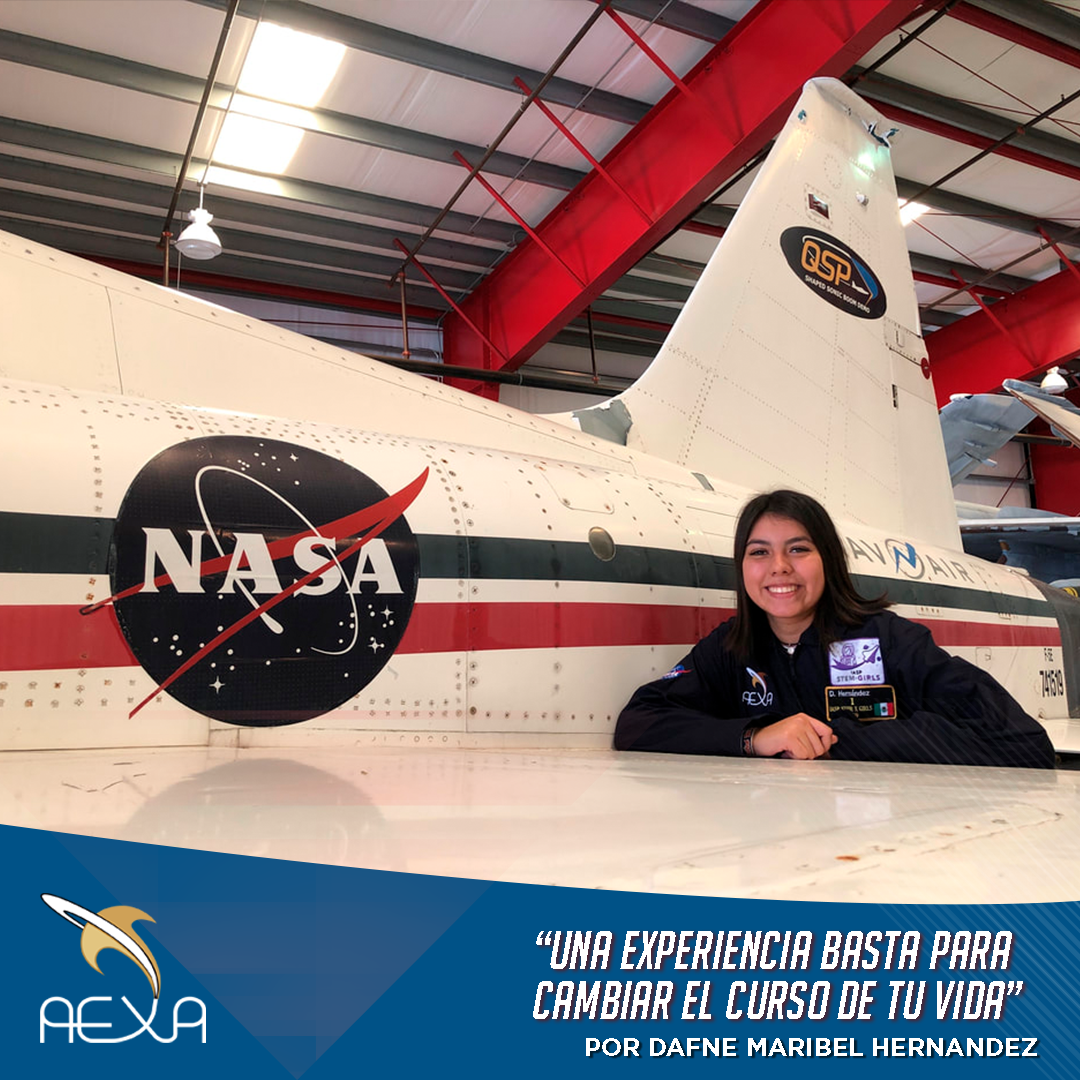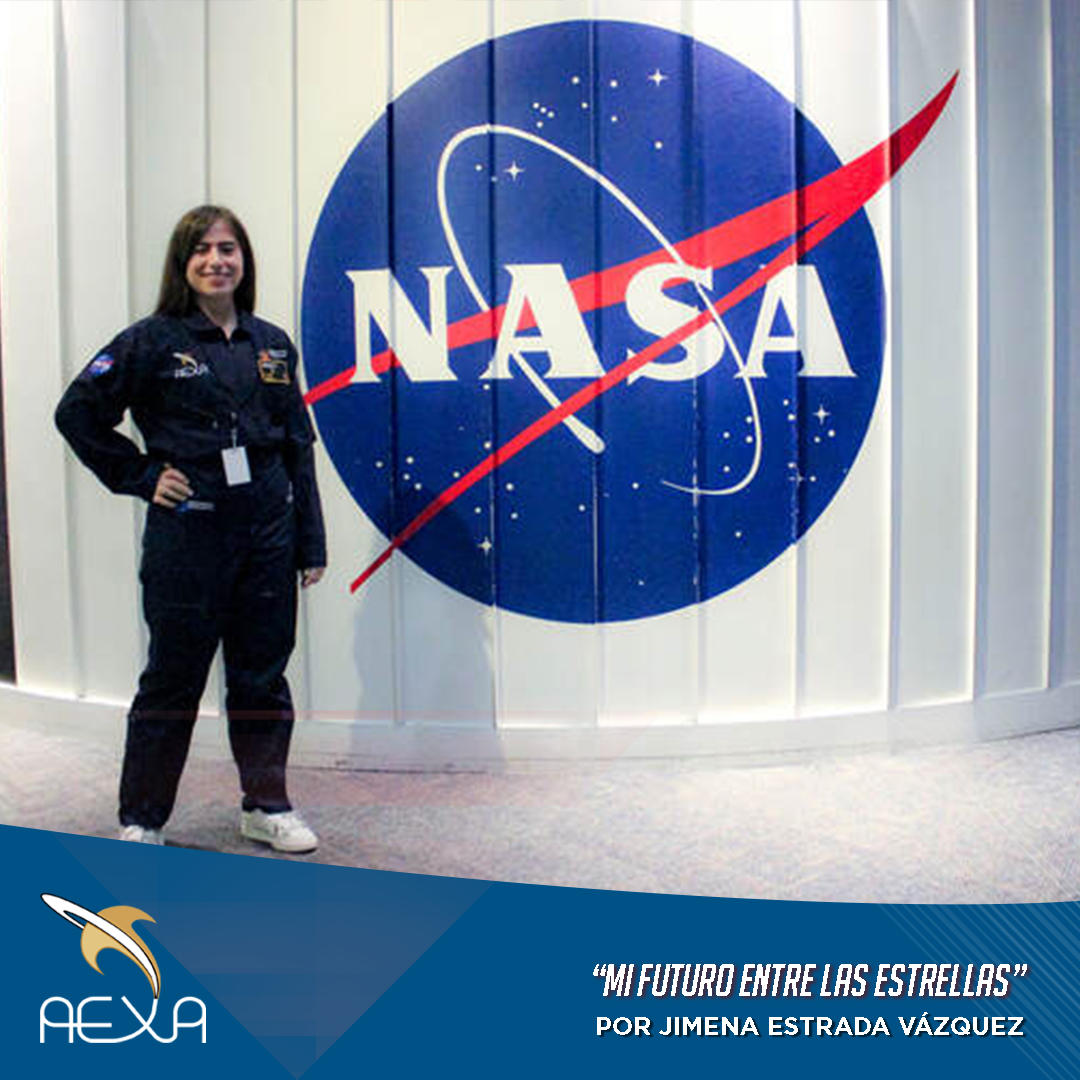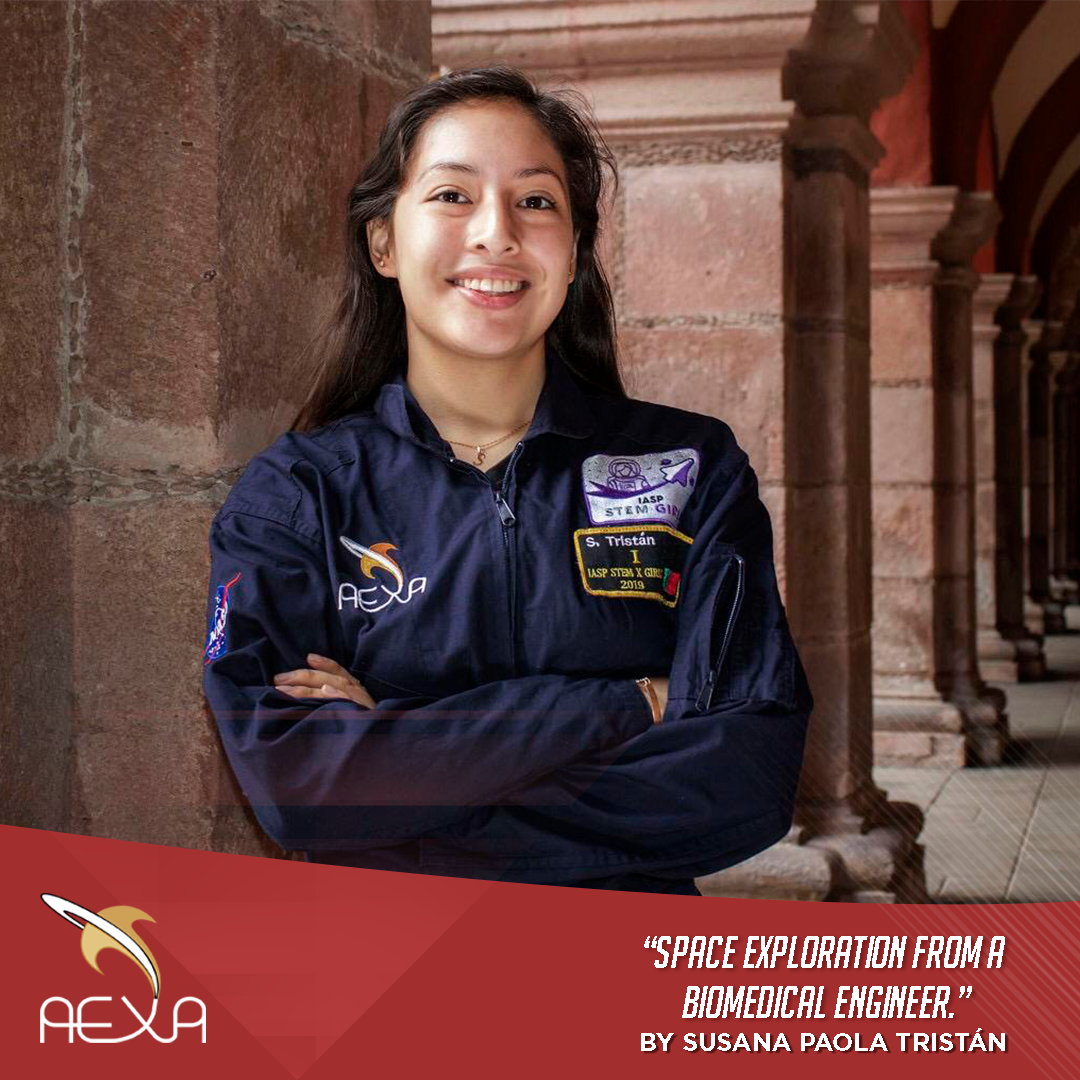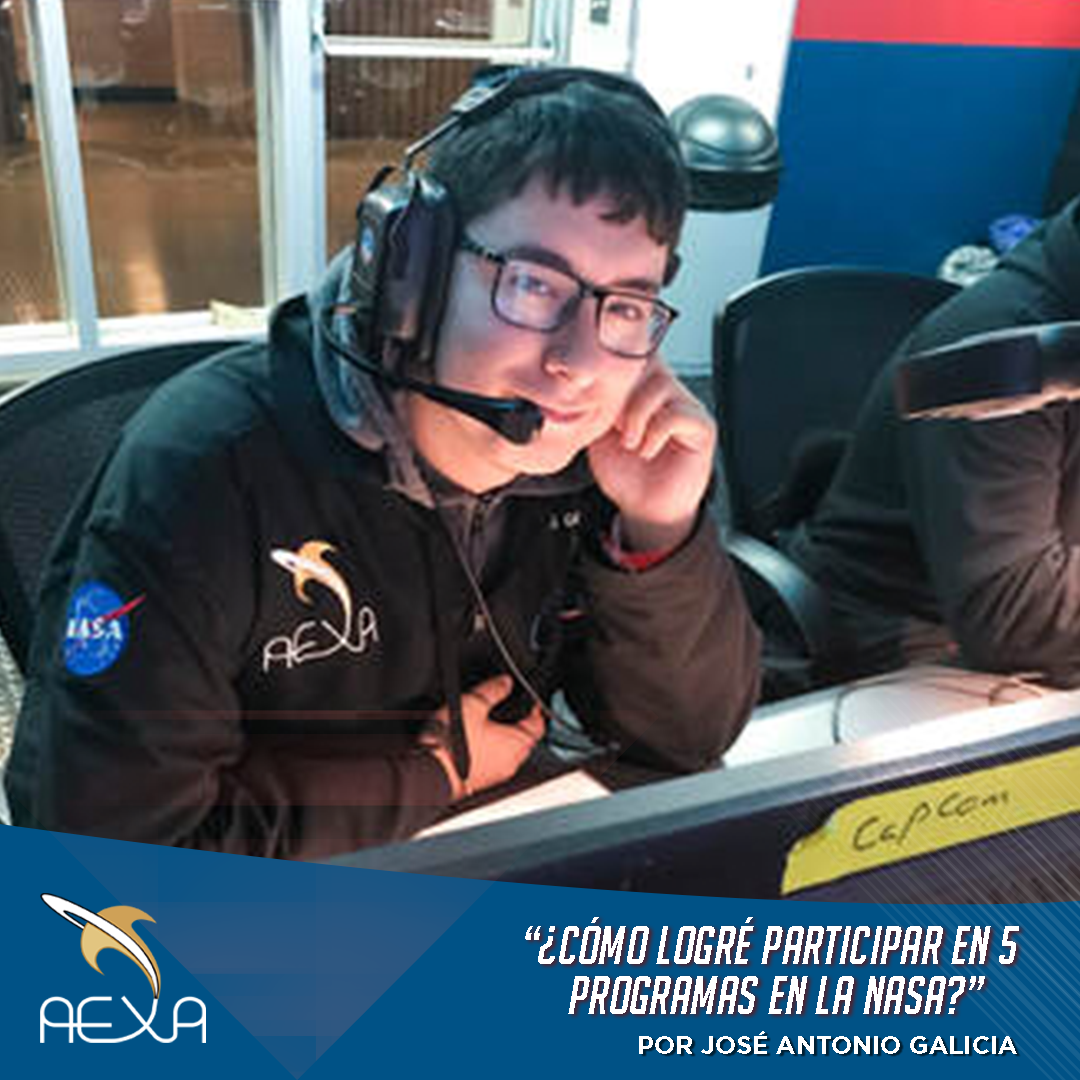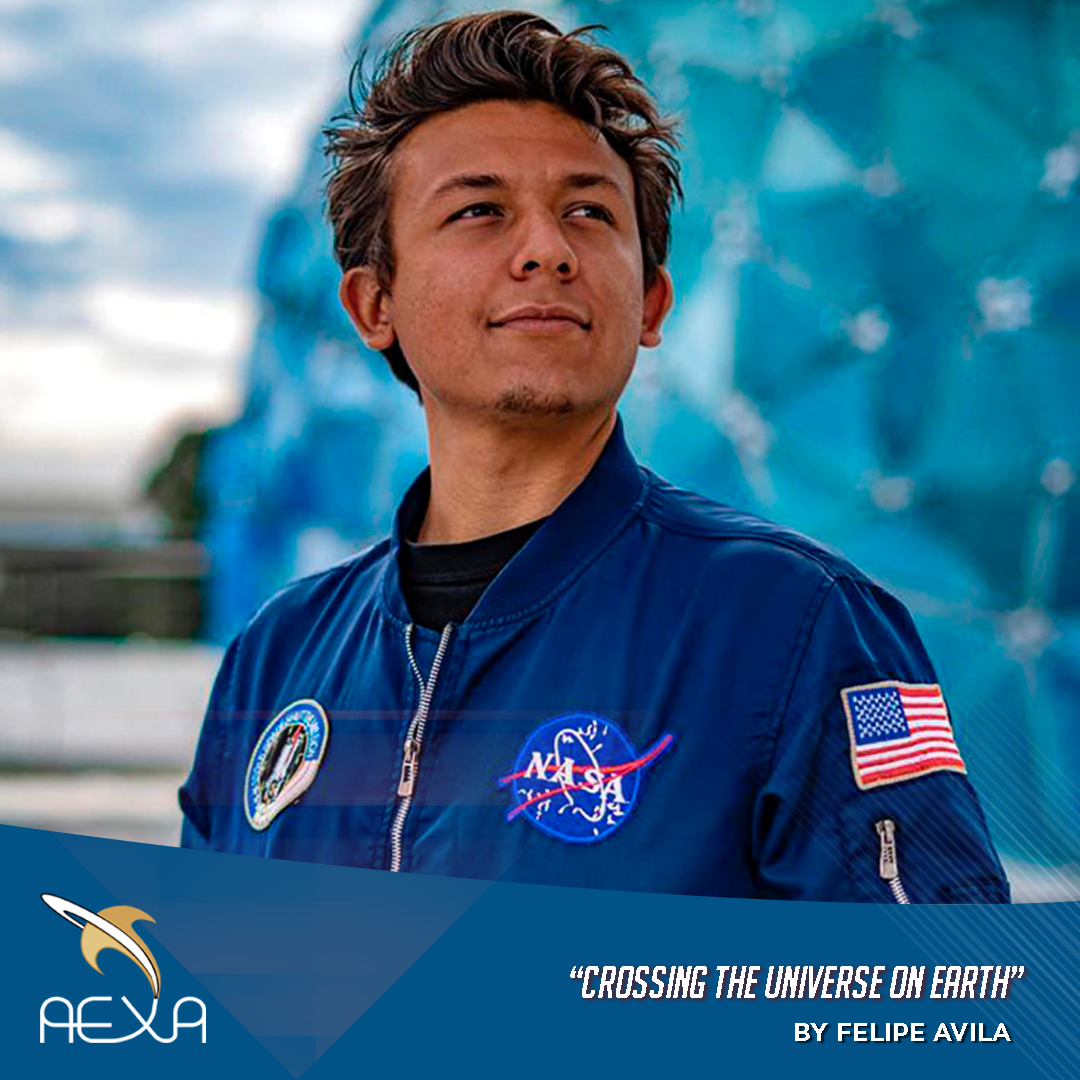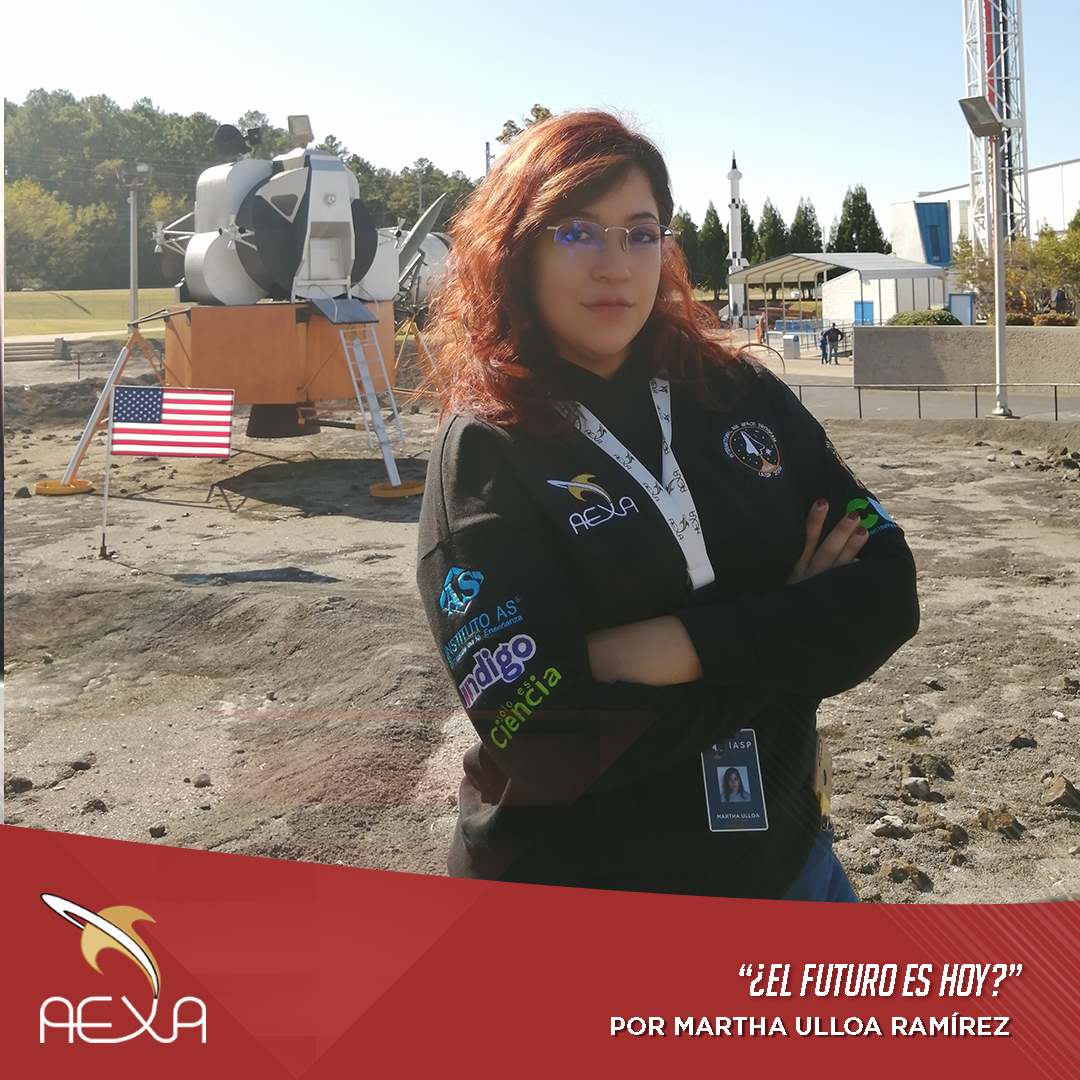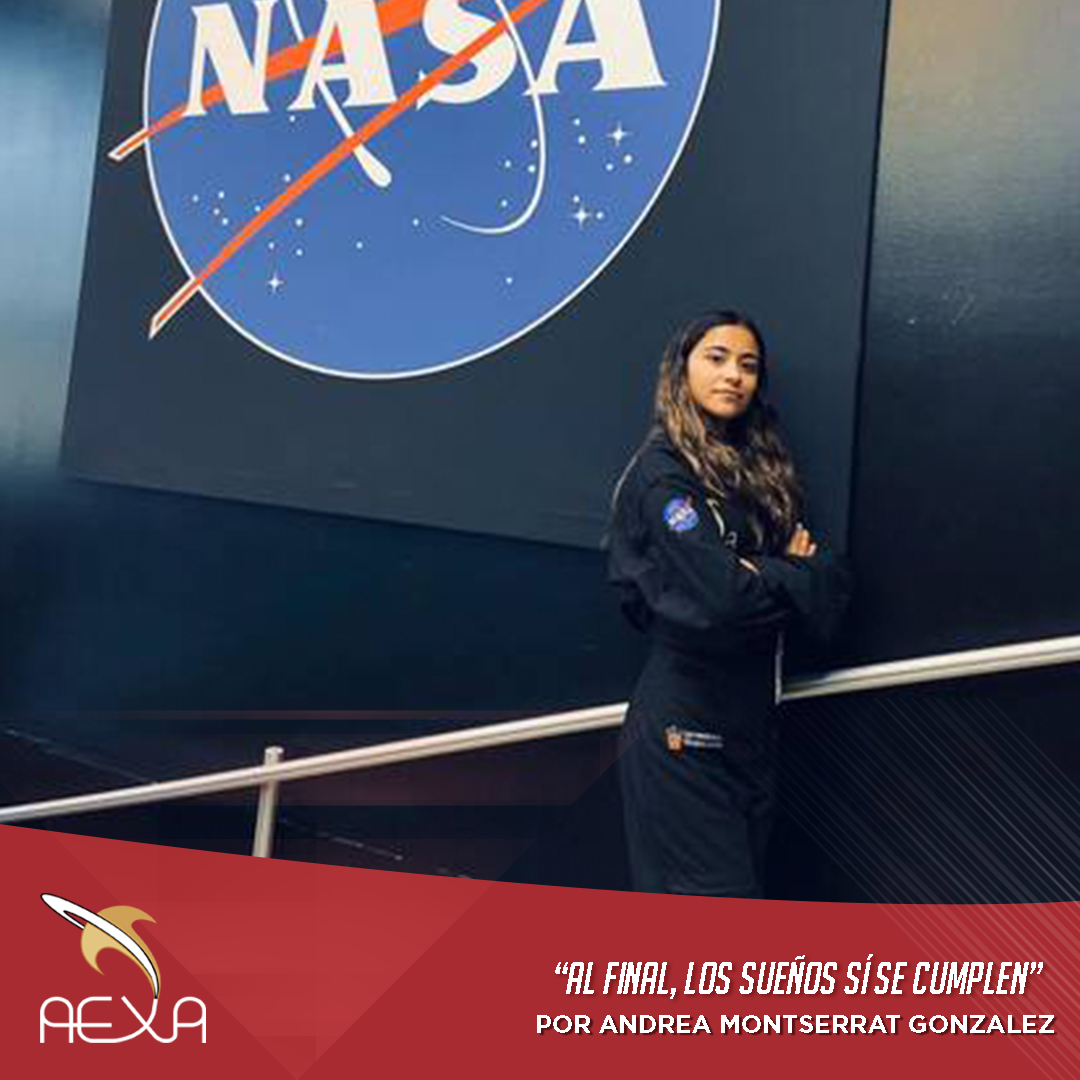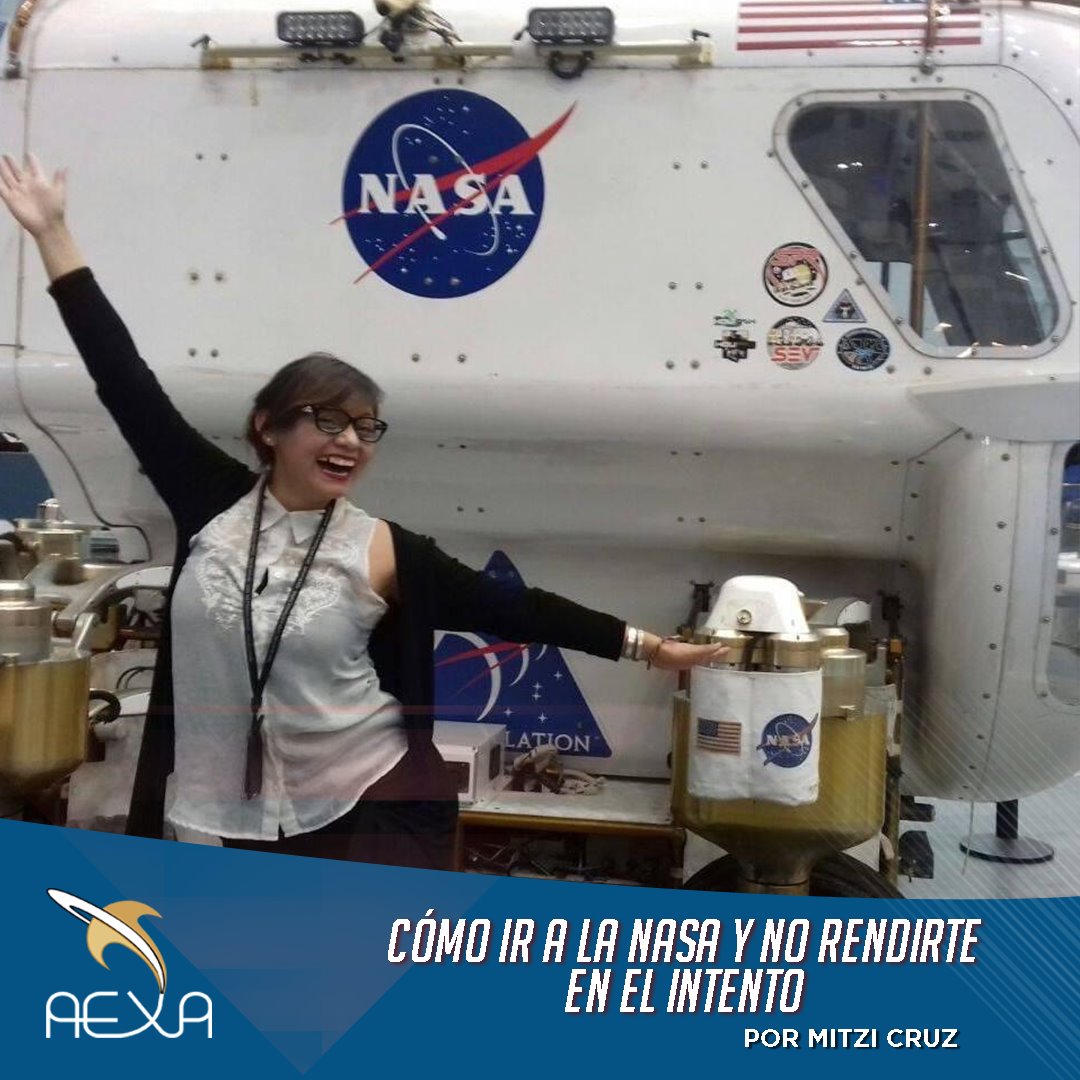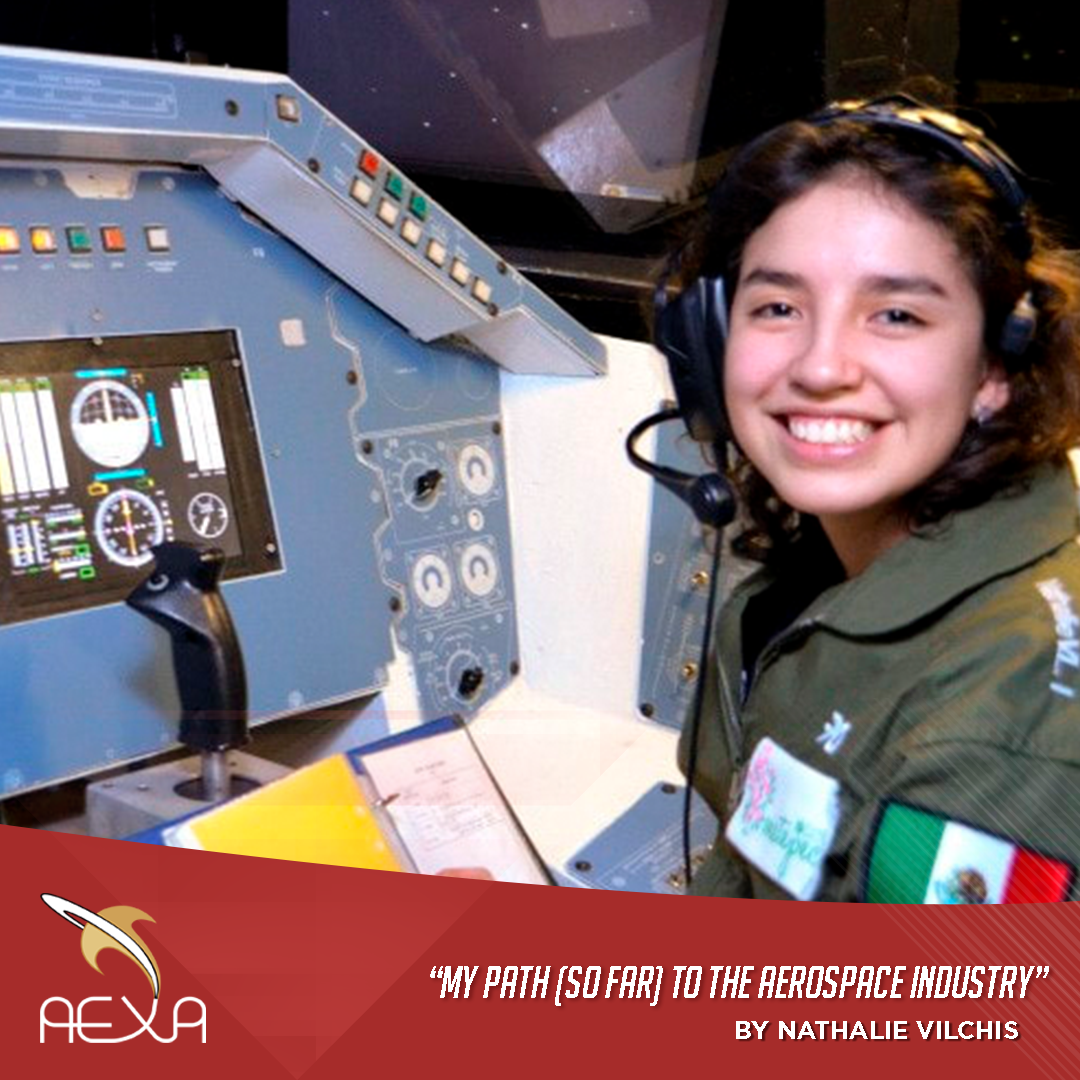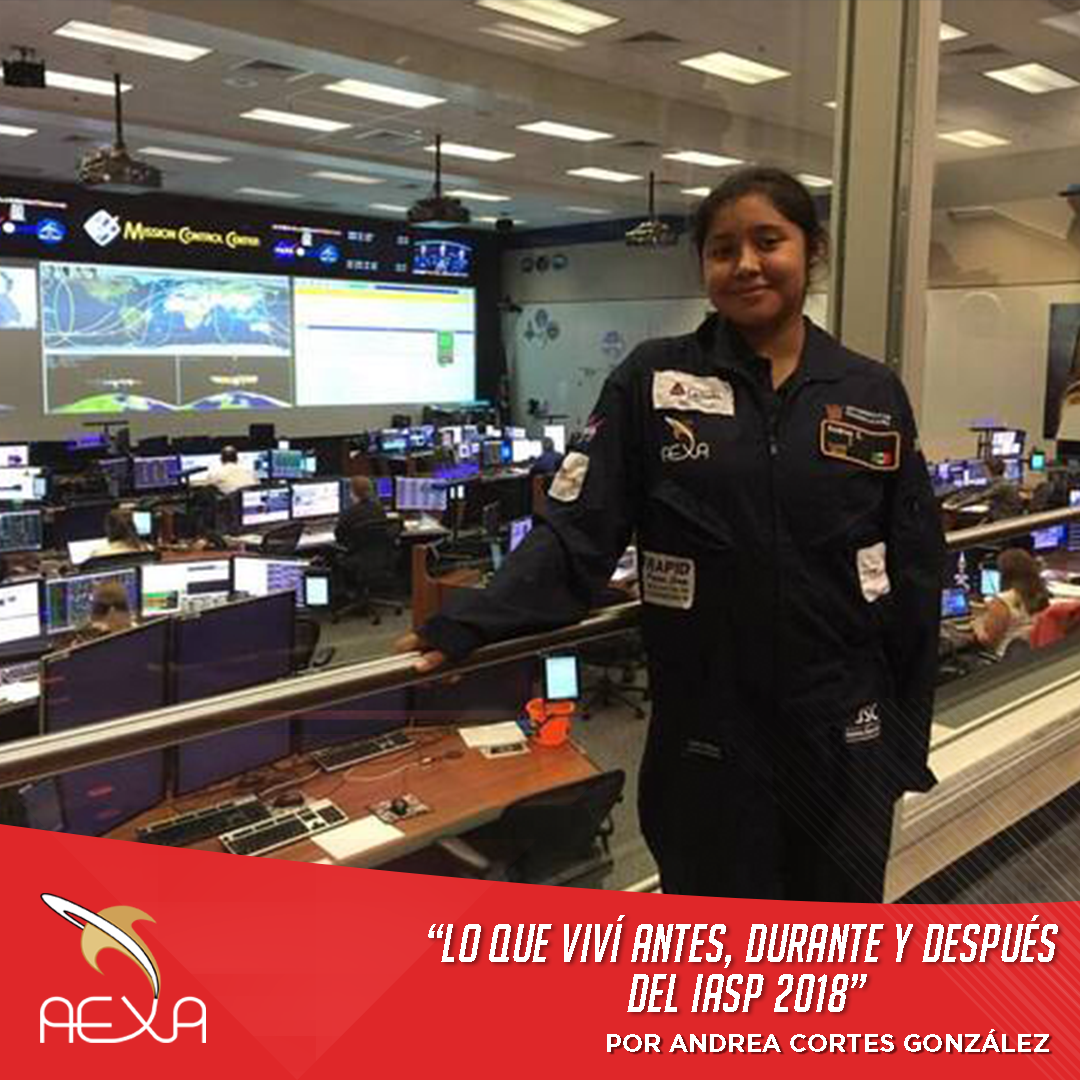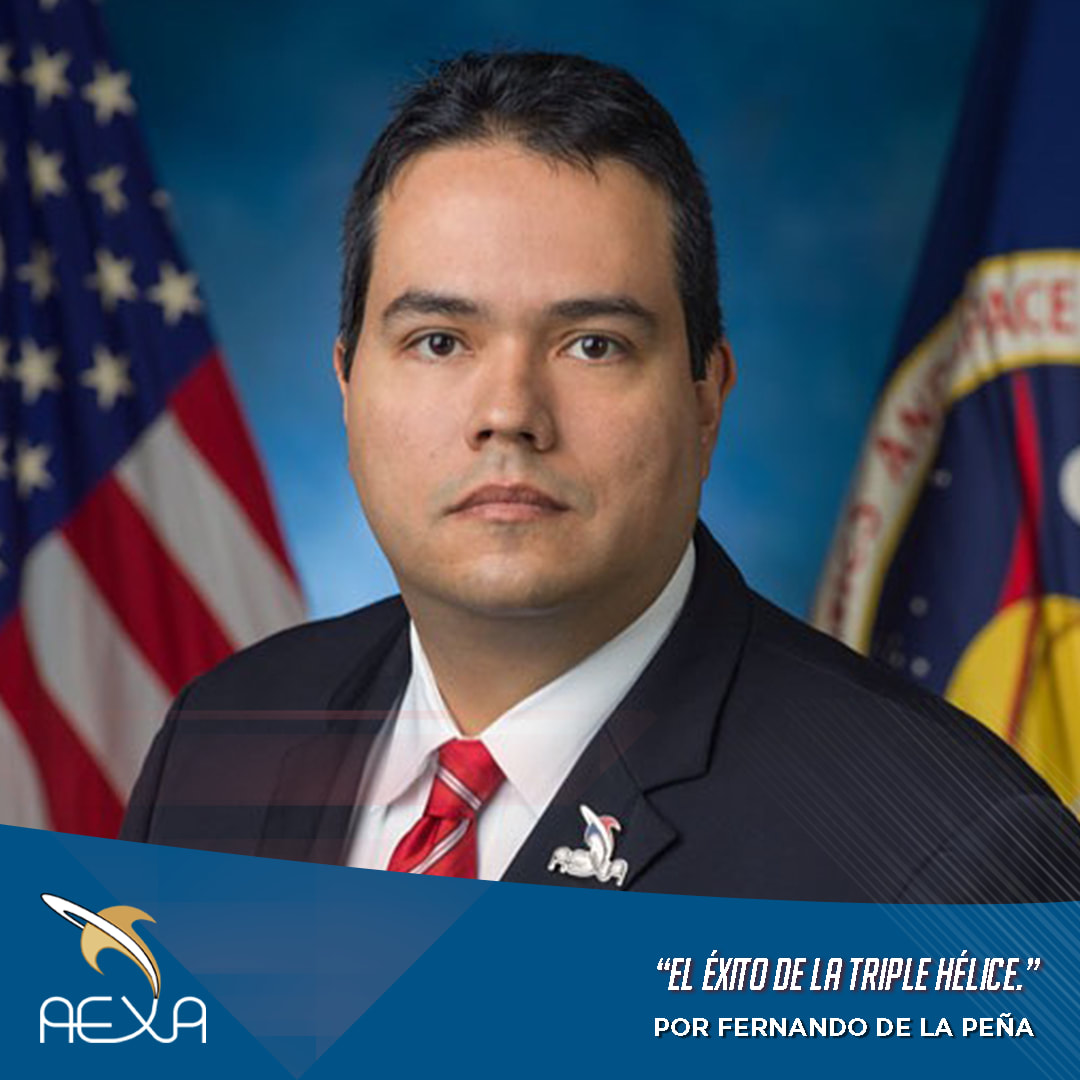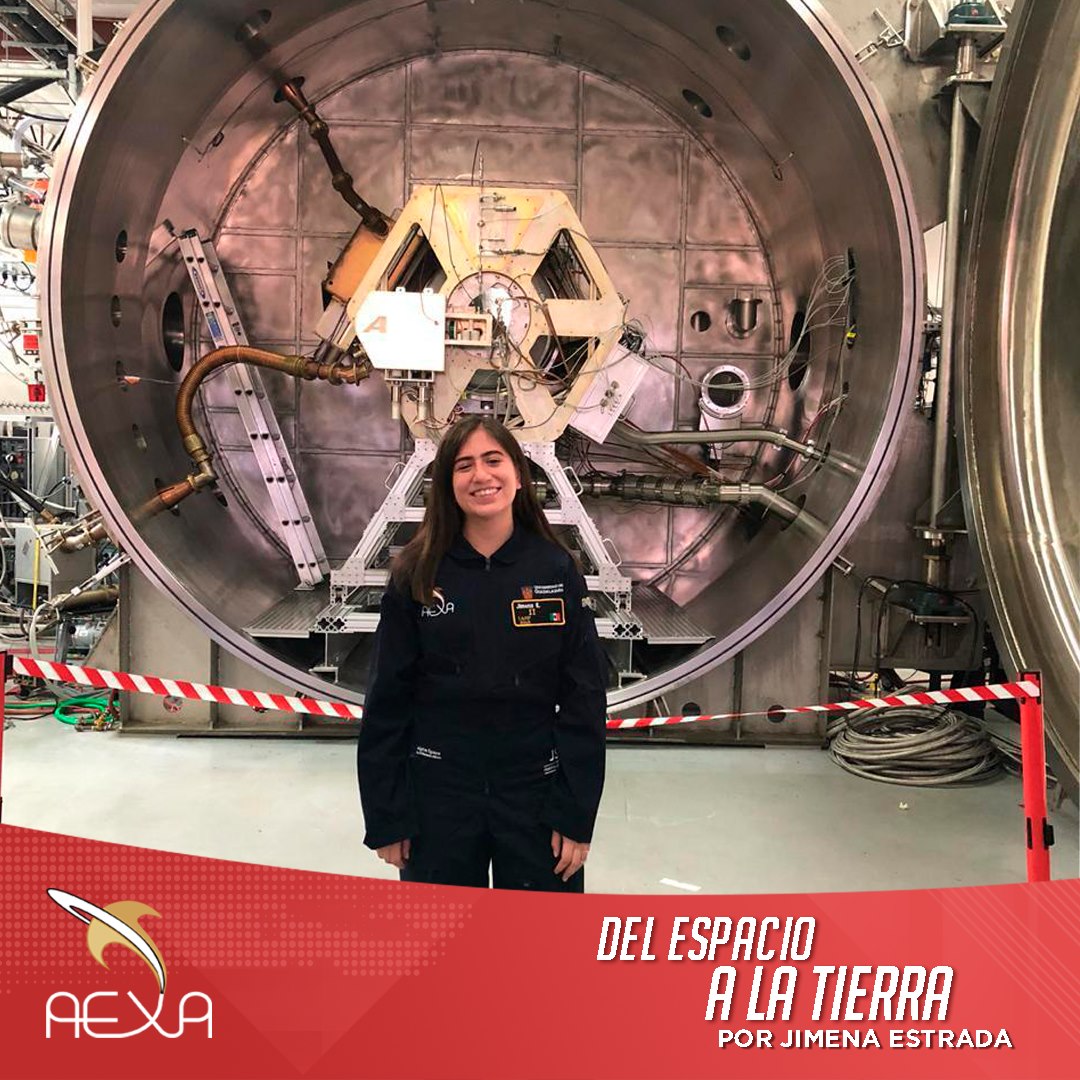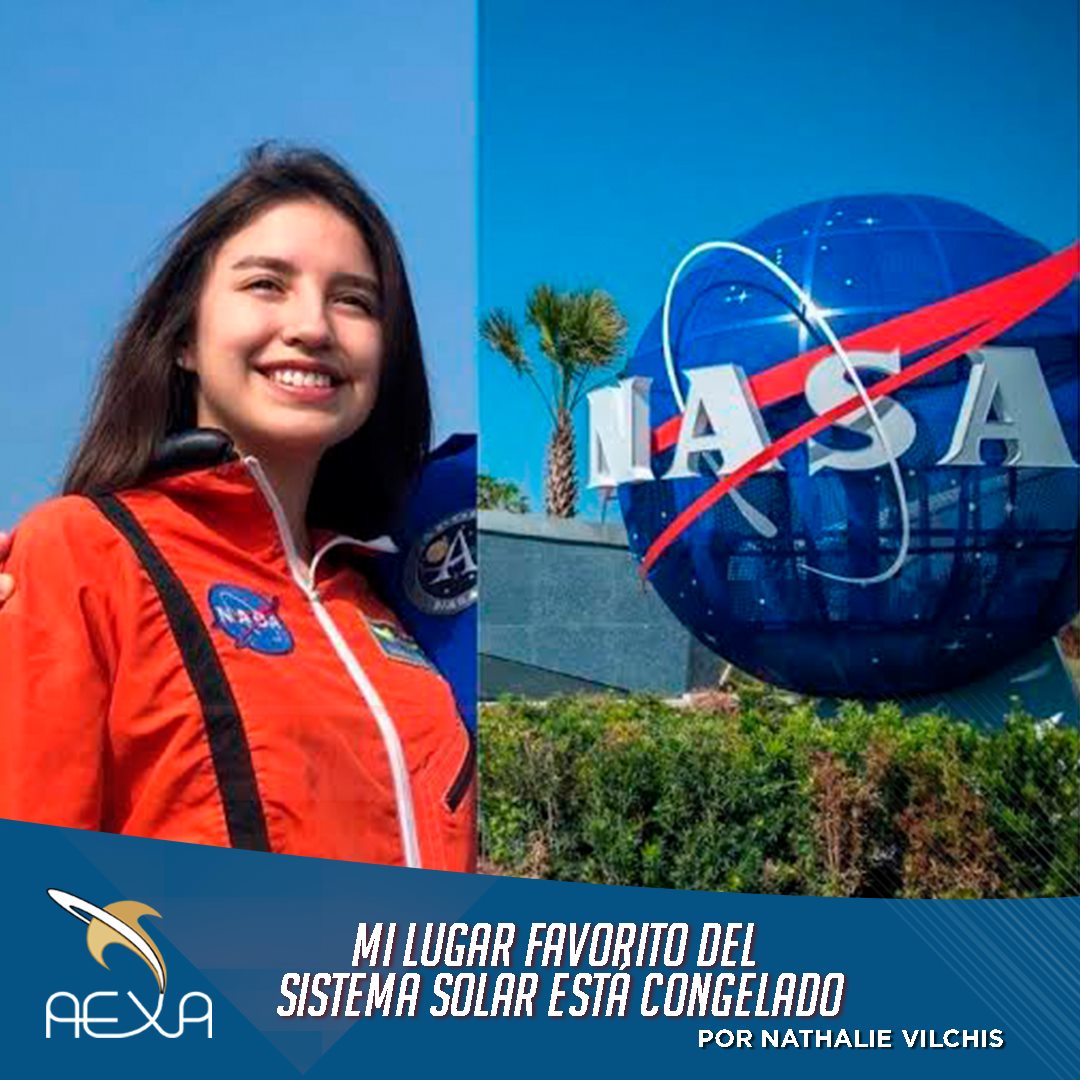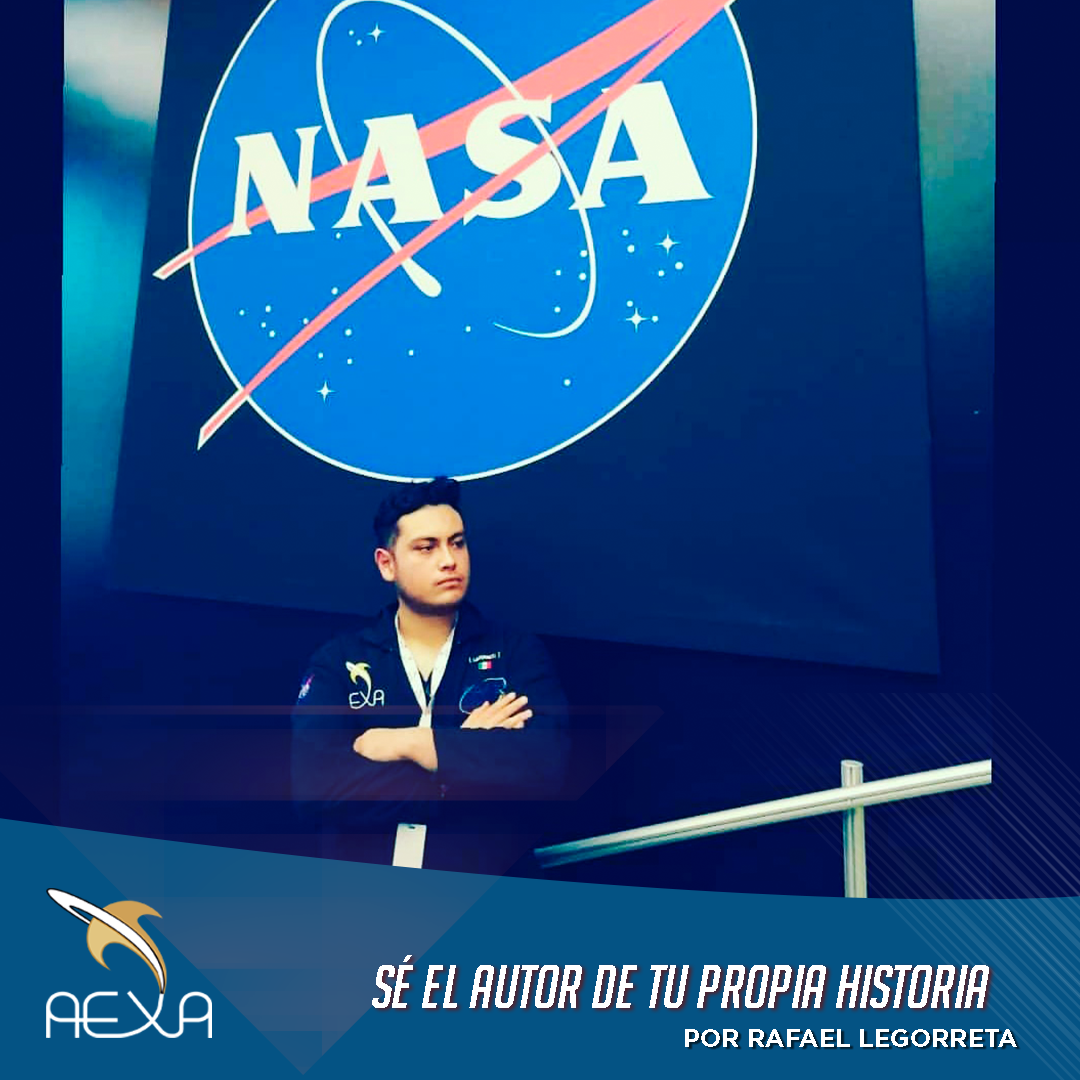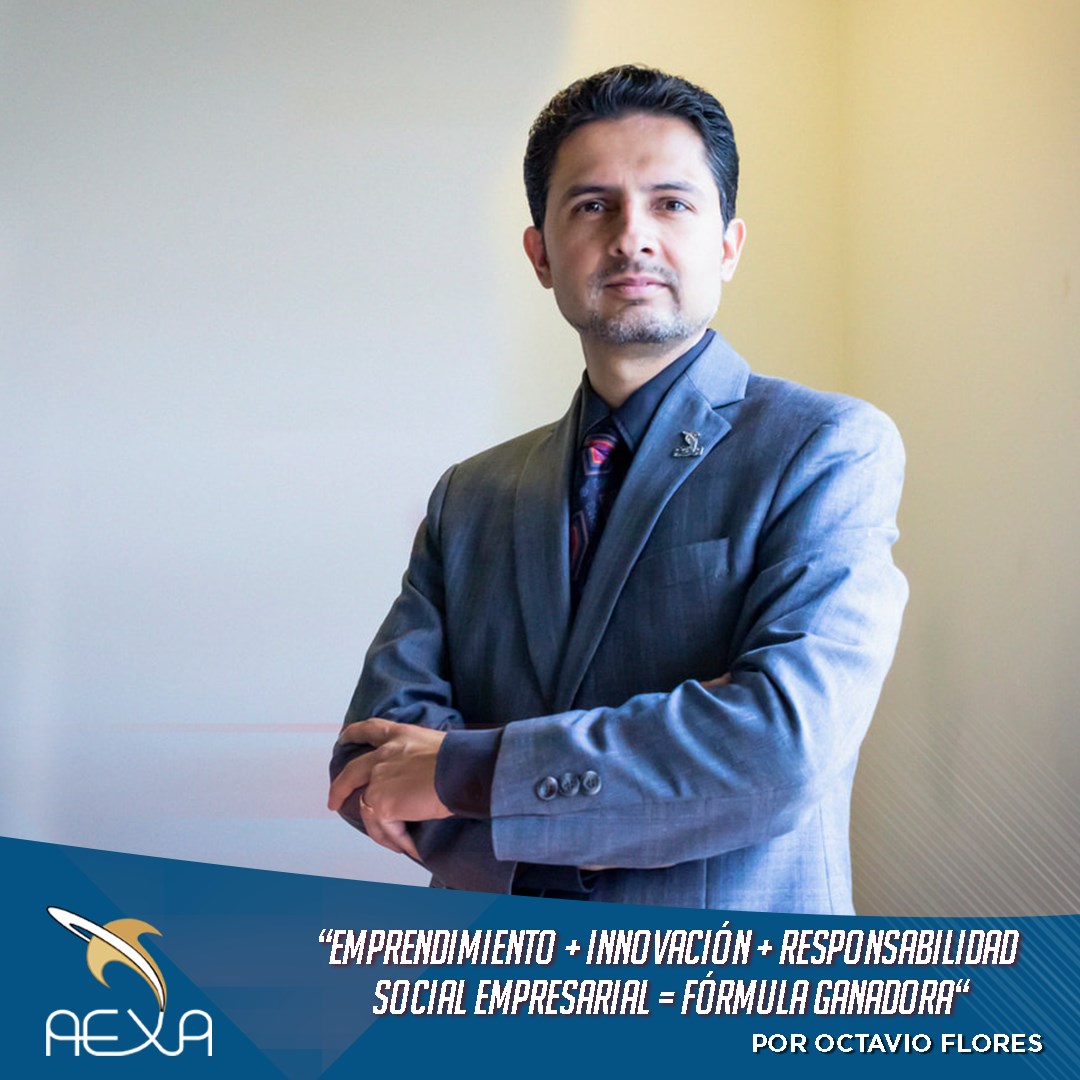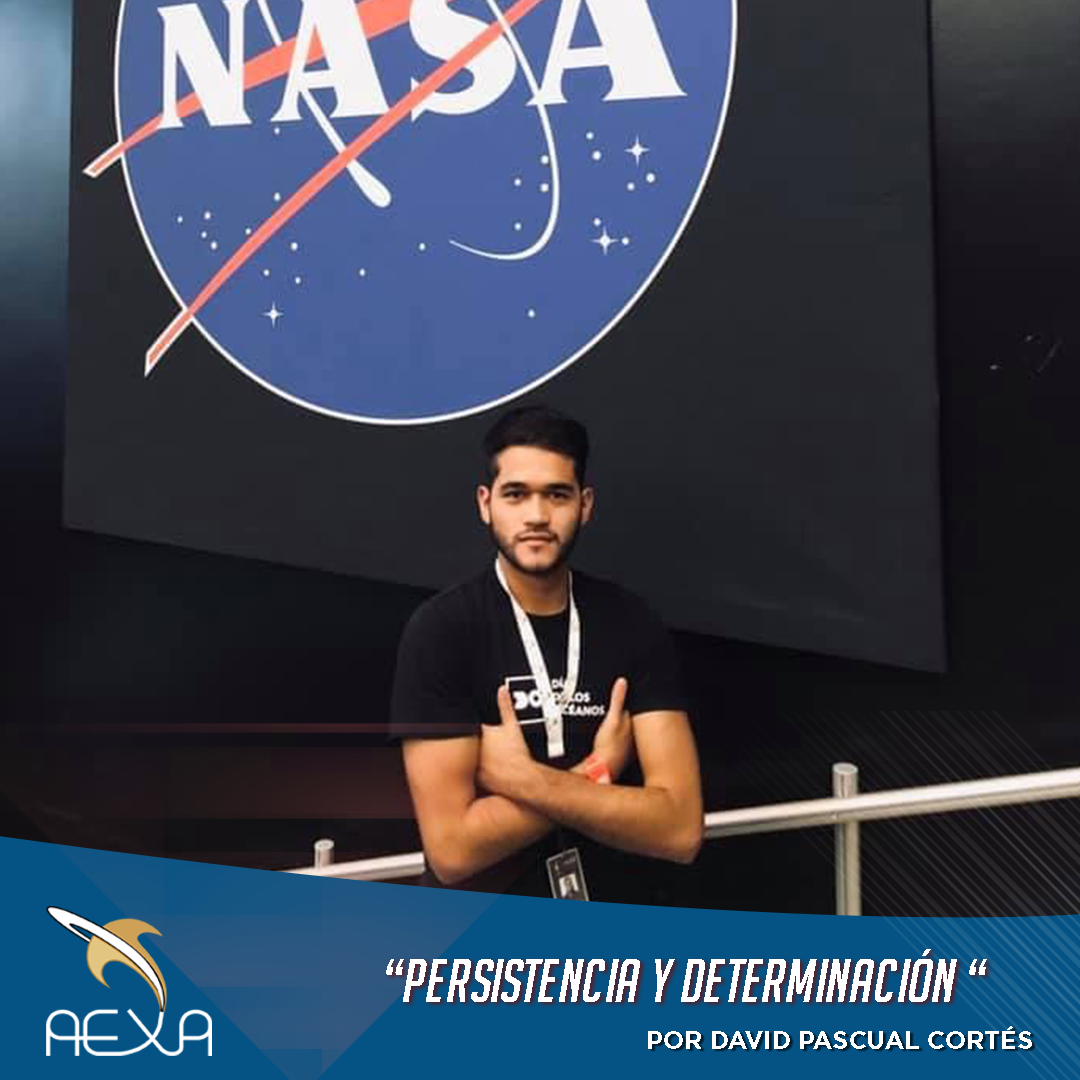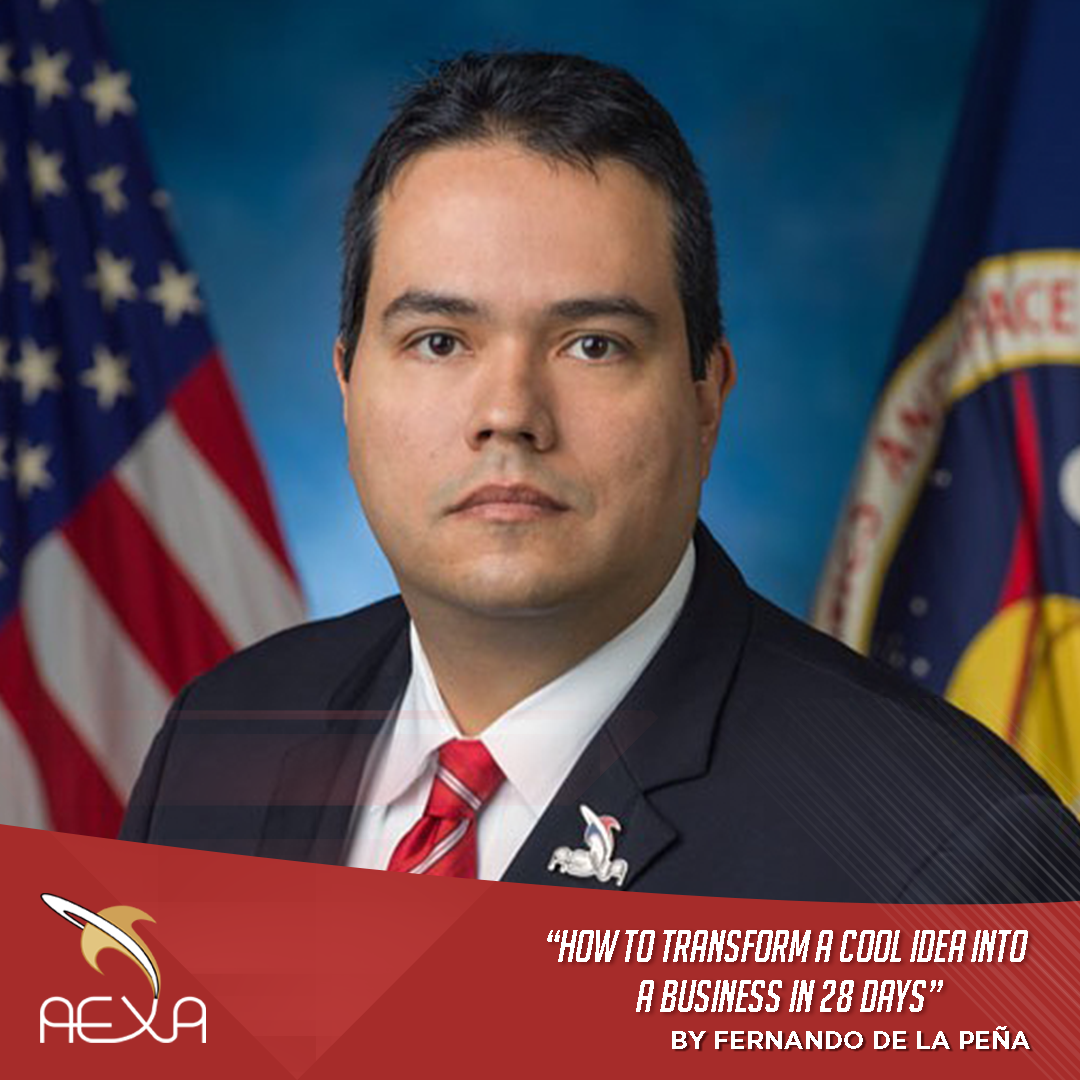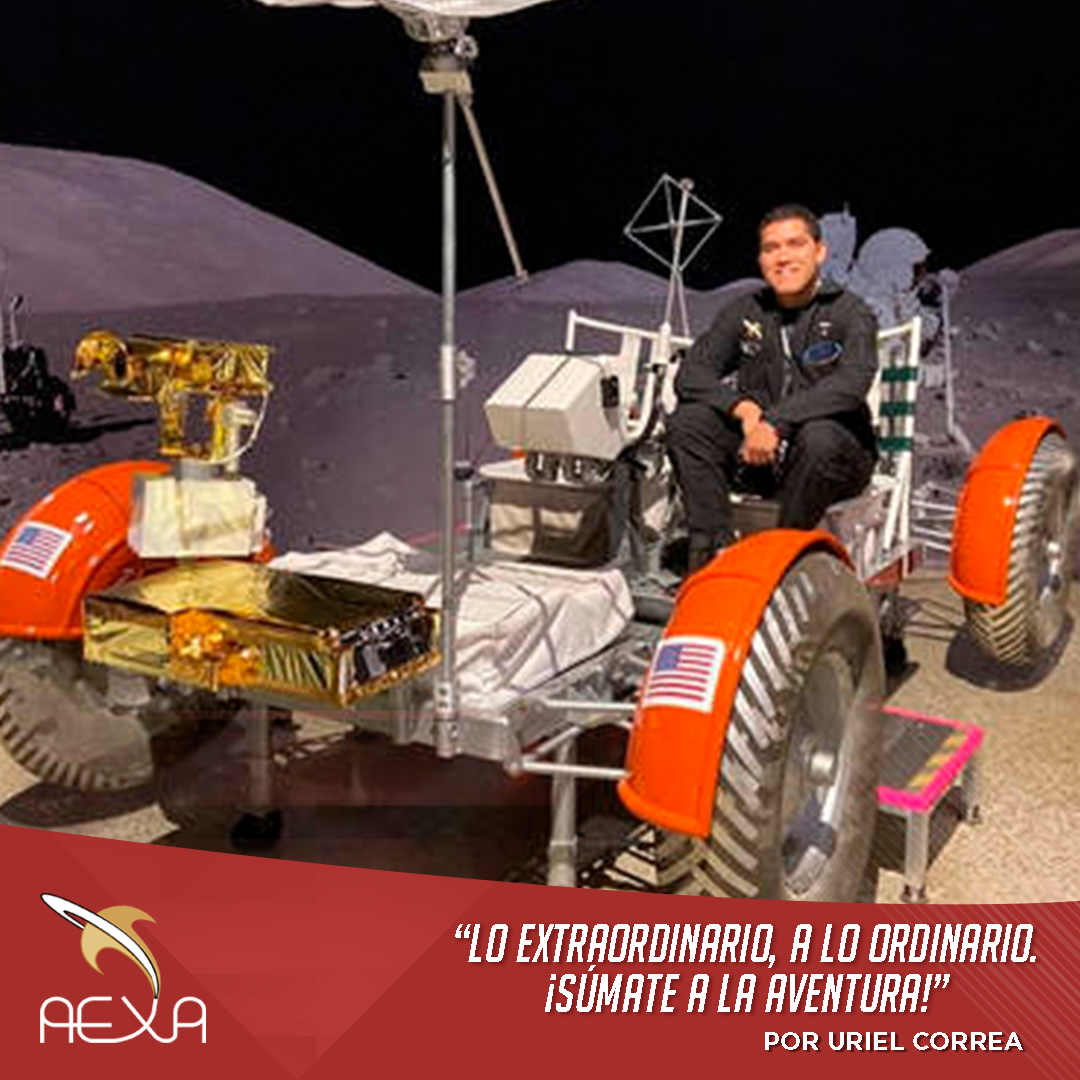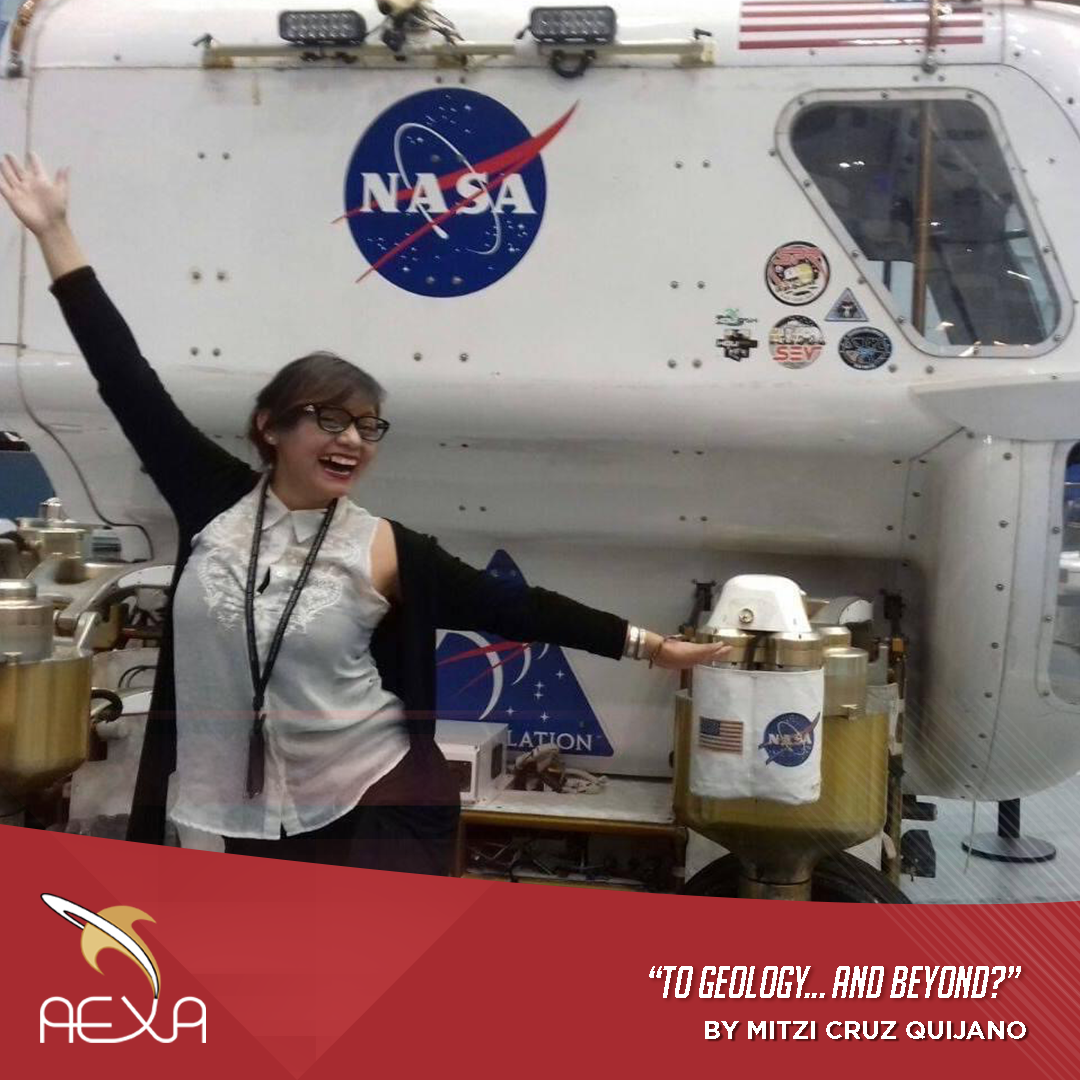Ahora bien, como venía haciendo mención, producto de la curiosidad e interés colectivo, existen evidencias del estudio de los astros alrededor de múltiples civilizaciones a lo largo de la historia, lo que nos ha llevado a evolucionar en las prácticas que hoy en día continuamos desempeñando. No obstante, nos rehusamos a la resignación de contemplar el cosmos como algo ajeno e intangible. De esta manera, la exploración espacial comenzó a ser posible mediante el diseño y construcción de cohetes que pusieran en órbita satélites artificiales. El inicio de la carrera espacial Dentro del marco de la historia contemporánea de la humanidad, la Guerra Fría es recordada entre otras cosas por el inicio formal de la exploración espacial tras el lanzamiento del satélite artificial Sputnik el 4 de octubre de 1957, marcando así el comienzo de la carrera espacial entre Estados Unidos y la Unión Soviética. En los meses y años subsecuentes siguieron aconteciendo hechos que marcaron historia, como el primer ser vivo en el espacio que, no se trataba de un humano, sino de la perra mestiza Laika, cuyo desenlace trágico es bien conocido al morir pocas horas después debido al calor de reentrada. Pero ¿qué hay en cuanto al humano? Pues bien, el primer hombre en ir al espacio fue el soviético Yuri Gagarin; mientras que, la primera mujer fue Valentina Tereshkova, de origen también soviético. Y, me atrevería a decir que, quizás, más recordado aún, el estadounidense Neil Armstrong. No obstante, poco a poco vemos cada vez más cercano el dejar de lado los viajes espaciales como una utopía, al tiempo que se abren oportunidades para el resto de los civiles, al menos de manera turística. Por mencionar sólo un par de los ejemplos más conocidos, tenemos la misión Inspiration 4 de SpaceX, que logró poner en órbita a cuatro civiles no astronautas; o los vuelos de Blue Origin, de donde se destaca la reciente participación de Katya Echazarreta en la misión de Space for humanity.
Como estudiante de ingeniería, me apasiona diseñar y crear cosas nuevas, siempre con vista de resolver una necesidad o problema de manera innovadora y que lleve a la sociedad al progreso. Sin embargo, nunca me dejó de preocupar el hecho de que todo este avance científico y tecnológico a favor de la humanidad, en algún momento sería en vano y se detendría para perderse para siempre. Es decir, el mismo Elon Musk lo ve de la siguiente manera: él no cree que las sociedades existan para siempre, sino que “se elevan, alcanzan algún vértice, luego se caen. En algún momento estaremos en ese punto. Antes de que eso suceda, necesitamos hacer la vida multiplanetaria [...] Asegurar la continuidad de la vida (de todas sus especies) en el caso de que la Tierra reciba el impacto de un meteorito como el de los dinosaurios o se produzca una Tercer Guerra Mundial y nos destruyamos a nosotros mismos". Dicho de esta forma, y sin pensar en una mejor explicación, de aquí deriva no sólo el interés del hombre promedio explorando el espacio, sino que también de la preservación de la conciencia humana y la vida en todas sus formas. Actualmente, lo más cercano que tenemos de lograr el establecimiento de estas sociedades interplanetarias son los planes y programas para establecer bases autosuficientes en la Luna y Marte. No obstante, si bien todo esto deja abierta una ventana hacia el futuro, claro está que hay de por medio muchas complicaciones físicas y biológicas qué superar; empezando por hechos más evidentes como las consecuencias médicas que la microgravedad y la radiación generan sobre el cuerpo humano en prolongada exposición. Por otro lado, podríamos tener la ventaja de que, si se logra la vida interplanetaria, especies de plantas y animales que se encuentren extintos en la Tierra, sigan con vida en Marte. Sin embargo, hay escepticismo entre científicos, en cuanto a la supervivencia de los animales, debido a lo extremadamente difícil que esto sería de ejecutar, empezando por algo muy básico: el oxígeno. Se trataría pues, de establecer un ecosistema sostenido por sistemas de soporte vital por medio de tecnología. Mi reflexión final Lo que para algunos puede lograrse en unos años, otros prevén el paso de siglos antes de poder alcanzar esta meta de llegar a la vida interplanetaria. En lo personal, yo prefiero mantenerme optimista, soy consciente del enorme esfuerzo que representa, y que es muy probable que los primeros pobladores de Marte mueran, y que el humano que logre permanecer seguirá adaptándose hasta que la misma evolución lo detone en una raza diferente. Pero quiero instar a niños y jóvenes a enamorarse de la ciencia y el amplio abanico de posibilidades que nos ofrece, que, de hoy en adelante, sobrepasan los límites de la Tierra. Creo en el progreso tecnocrático de la humanidad y que, así como hace algunas décadas, la colaboración multinacional hizo posible que hoy en día exista la Estación Espacial Internacional, sea también posible el establecimiento de sociedades interplanetarias. Esto, claramente visto ya no como un capricho, sino como una necesidad. Porque sólo de esta forma podremos conservar la conciencia y conocimiento humano, y ¿por qué no? lograr también lo que, para mí, es mi mayor meta: trascender más allá de nuestra propia existencia. Interplanetary Life: The Path to Preserving Human ConsciousnessThe eternal human curiosity It is enough to go back to the time when humans had just stopped being nomads to settle down in a sedentary life, when their interest in observing the stars began. Man, seeking to know himself through the understanding of his environment, began to study the natural phenomena occurring around him. The human being has had -almost always- his feet clinging to the Earth's gravity, but his eyes pointing upwards. It is about space, everything that covers and surrounds us; as close as it is far away from us. I still remember how, between the ages of six and seven, the desire arose in me to someday go into space, something I saw as improbable, but not impossible. And somehow I believe that this desire for transcendence is found in everyone to varying degrees, even unconsciously. I also remember not being able to contain my enthusiasm when a planetarium was temporarily installed in my elementary school, as well as my intrigue when learning about the solar system, and the way in which, the more I learned, the more I realized how much I still ignored. Until one day I read about the life cycle of the stars, and what in millions of years would happen to our system when the Sun died. This shocked me greatly, which I would try to play down, but later I would realize that it marked a before and after in my life. Something that I will go into in more detail later on.
The beginning of the space race Within the framework of contemporary human history, the Cold War is remembered among other things for the formal start of space exploration following the launch of the artificial satellite Sputnik on October 4, 1957, marking the beginning of the space race between the United States and the Soviet Union. In the following months and years, history-making events continued to take place, such as the first living being in space, which was not a human, but the mongrel dog Laika, whose tragic outcome is well known when she died a few hours later due to the heat of reentry. But what about the human? Well, the first man to go into space was the Soviet Yuri Gagarin; while the first woman was Valentina Tereshkova, also of Soviet origin. And, dare I say it, perhaps even more fondly remembered, the American Neil Armstrong. However, little by little we see that space travel is getting closer and closer to being set aside as a utopia, while opportunities are opening up for the rest of the civilians, at least in a touristic way. To mention just a couple of the best known examples, we have SpaceX's Inspiration 4 mission, which managed to put four non-astronaut civilians into orbit; or the flights of Blue Origin, where the recent participation of Katya Echazarreta in the Space for humanity mission stands out. The need to preserve life All this clearly responds to the inherent human curiosity I mentioned at the beginning, which induces us to want to explore the unknown. But it is not only this, but a need purely linked to human survival, which makes me rejoice to realize that I am not the only one who perceives it this way. It is here that the story of the impact it had on me when I learned that the sun would die becomes important again, because I thought about the ephemeral nature of things, and of human life along with them. As an engineering student, I am passionate about designing and creating new things, always with a view to solving a need or problem in an innovative way that will lead society to progress. However, I never stopped worrying about the fact that all this scientific and technological progress in favor of humanity, at some point would be in vain and would stop to be lost forever. That is, Elon Musk himself sees it this way: he does not believe that societies exist forever, but that "they rise, they reach some apex, then they fall. At some point we will be at that point. Before that happens, we need to make life multi-planetary [...] To ensure the continuity of life (of all its species) in the event that the Earth gets hit by a dinosaur-like meteorite or a World War III occurs and we destroy ourselves"
However, while all this leaves a window into the future, there are of course many physical and biological complications to overcome; starting with the more obvious facts such as the medical consequences that microgravity and radiation have on the human body in prolonged exposure. On the other hand, we could have the advantage that, if interplanetary life is achieved, species of plants and animals that are extinct on Earth could still be alive on Mars. However, there is skepticism among scientists as to the survival of animals, due to how extremely difficult this would be to execute, starting with something very basic: oxygen. It would then be a matter of establishing an ecosystem sustained by life support systems through technology. My final thought
What for some can be achieved in a few years, others foresee the passage of centuries before being able to achieve this goal of reaching interplanetary life. Personally, I prefer to remain optimistic, I am aware of the enormous effort it represents, and that it is very likely that the first inhabitants of Mars will die, and that the human who manages to remain will continue to adapt until evolution itself detonates it in a different race. But I want to urge children and young people to fall in love with science and the wide range of possibilities it offers us, which, from now on, go beyond the limits of Earth. I believe in the technocratic progress of mankind and that, just as a few decades ago, multinational collaboration made it possible for the International Space Station to exist today, it is also possible to establish interplanetary societies. This is clearly no longer seen as a whim, but as a necessity. Because only in this way will we be able to preserve human consciousness and knowledge, and why not? also achieve what, for me, is my greatest goal: to transcend beyond our own existence.
0 Comments
|
CategoriesBLOGS anterioresArchivos
June 2025
|
Contact us
Parque Lincoln, Anatole France 51, Polanco V Sección, CP 11560 CDMX.
Tel. 5579661224
Tel. 5579661224
Legal
© Copyright 2025 | All Rights Reserved | Privacy Policy
Aplicaciones Extraordinarias Aeroespaciales AEXA SA de CV
Aplicaciones Extraordinarias Aeroespaciales AEXA SA de CV
International Air and Space Program y AEXA son marcas registradas.







